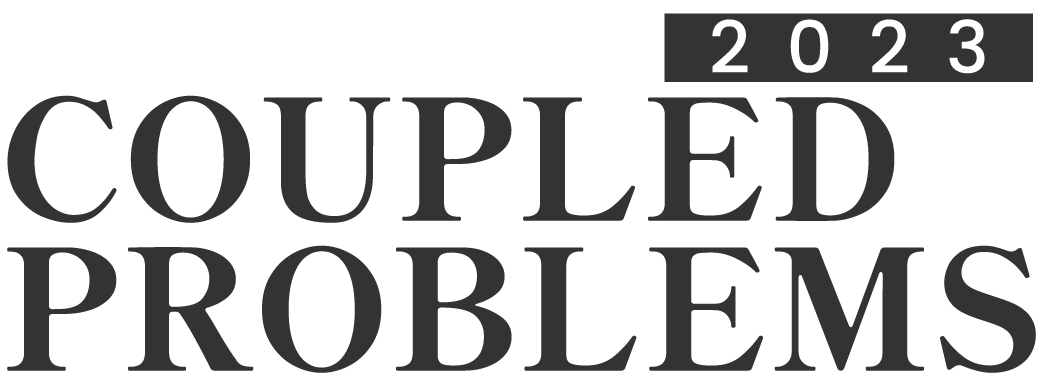

IS12 - Interdisciplinary Alliance in Biosciences: From physics-basedanddata-driven multiscale modelling to medical applications
Many coupled problems are arising from life sciences which are situated at the crossroad of amultitude of disciplines such as biomechanics, molecular biology, electrochemistry, statistics, and basic and clinical medicines, to name a few. As a result, a new winning vision for the next
decade in addressing such coupled problems must rely upon a solid interdisciplinary alliance. Mathematical, statistical, and computational modeling, along with associated methods and state- of-the-art techniques, have taken a leadership role in this alliance due to several factors. Thesefactors are consequences of that (1) mathematics is a universal language that makes the commondenominator of scientific disciplines; (2) modeling based on solid biophysical and mathematical
assumptions allows designing a virtual laboratory for investigating and comparing different
scenarios and solutions; (3) advanced computational techniques allow to numerically solve theformulated mathematical model producing the quantitative outcome to compare simulationandexperimental data, answer open questions, assess or confute conjectures. In this Invited Session, we aim at providing a forum in biosciences, focusing on coupled problems, to facilitate: (a)
breaking the barriers among disciplines; (b) confronting different applications and relatedmodeling approaches, including mechanistic and statistical formulations based on a multitude of
mathematical tools (e.g., partial, ordinary, and integral equations), as well as other models; (c)
illustrating the most recent and advanced computational methods; (d) validating models andmethods in the simulation of coupled problems. To meet new challenges in this field, developments in many different directions are required, including studies at specific scales, theability to extract meaningful information from large data sets or complex networks, andmultiscale techniques. The organizers welcome contributions in all areas ranging frommodelling in biosciences to quantitative analysis in clinical applications and experiments, as
well as from physics-based and data-driven methods to their practical applications inbiomedicine. Subjects of this Invited Session comprise but are not limited to: theoretical
analyses and numerical approximations of differential, integral, and hybrid systems;
combinations of mechanism-based and data-based models in biosciences and biotechnology;
high-performance scientific computing and software implementation; imaging techniques anddata analysis with statistical

